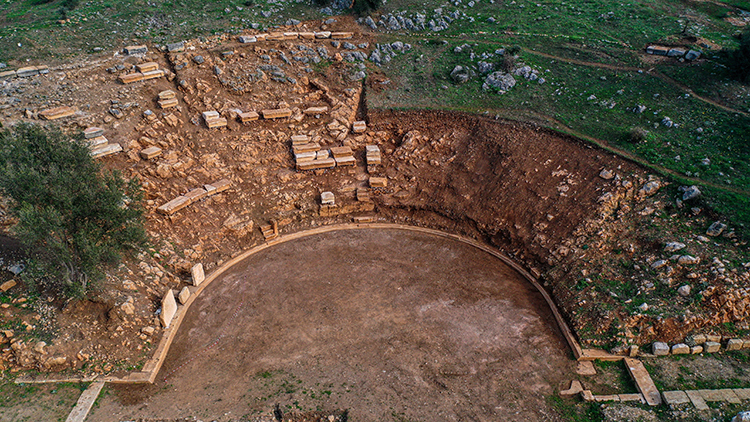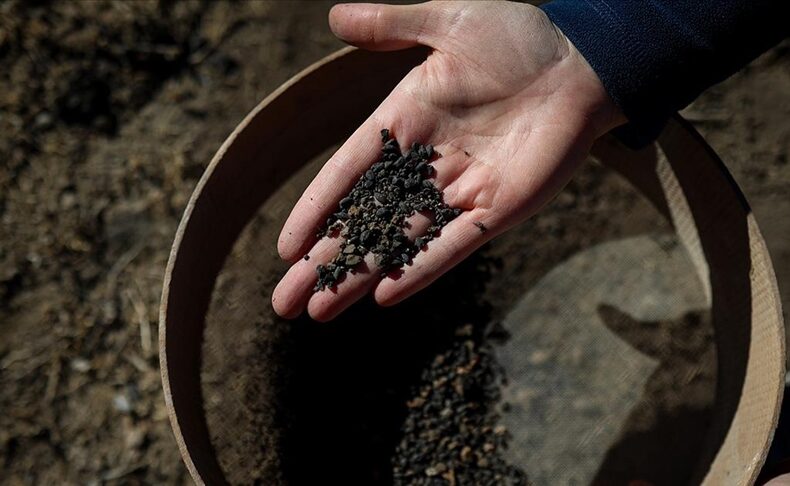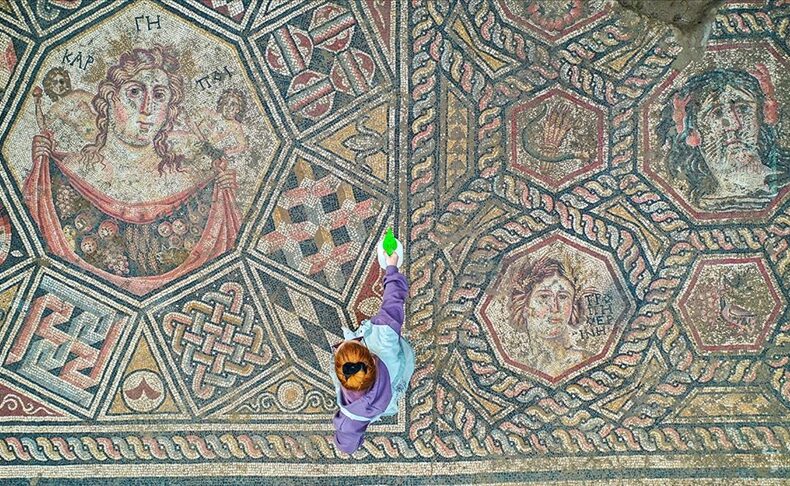
A Roman Mosaic Found 11 Years Ago in Iznik Is Finally Being Revealed: The Askania Figure Emerges
A remarkable discovery in northwest Türkiye is resurfacing after more than a decade. In 2014, workers laying a sewer line in Iznik (ancient Nicaea) briefly uncovered part of a Roman mosaic floor before the area was sealed and placed under protection. What appeared to be a single decorated panel has now, after 11 years, turned
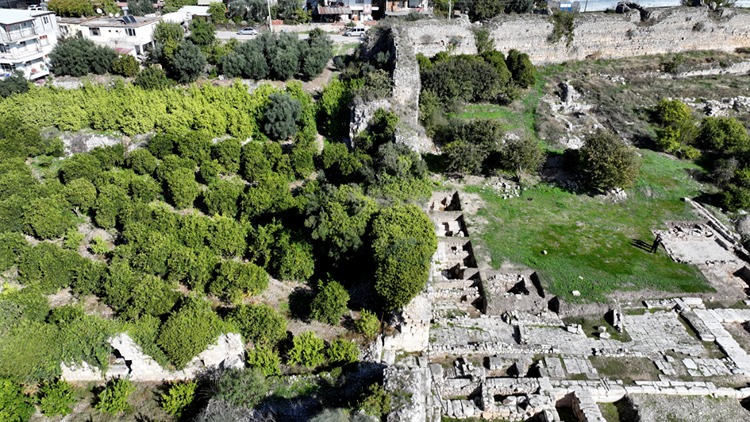
After 43 Years of Searching, the Long-Lost Zeus Temple Emerges at Limyra
Archaeologists working at Limyra in Türkiye’s Antalya province have finally located the long-missing Temple of Zeus — a sanctuary known from epigraphic sources since 1982 but never identified on the ground. The discovery, made in cooperation with the Austrian Archaeological Institute, is poised to reshape long-held interpretations of the ancient city’s sacred topography. A Lycian
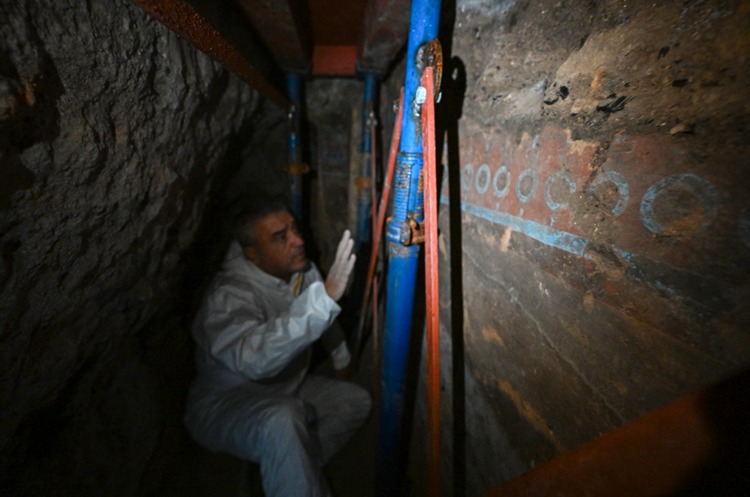
3,000-Year-Old Urartian Wall Paintings Protected Beneath Van’s Garibin Hill
Deep beneath the rugged terrain of eastern Türkiye, archaeologists have uncovered one of the most extraordinary artistic survivals of the Urartian Kingdom — a network of subterranean chambers whose walls still bear vivid, 3,000-year-old paintings. The fragile murals, discovered accidentally during an illegal excavation in Van’s Tuşba district, are now being carefully preserved under a

Architectural Traces Predating the Karaz Culture Unearthed in Eastern Anatolia’s Değirmenler Mound
Archaeologists in eastern Türkiye have uncovered architectural remains predating the Karaz (Early Bronze Age) culture during ongoing rescue excavations at Değirmenler Mound in Erzurum’s Yakutiye district. The discovery—revealing structures, hearths, ovens, and domestic layers dating back more than 6,000 years—suggests that settled life in the region began earlier than previously believed. The excavation, conducted under
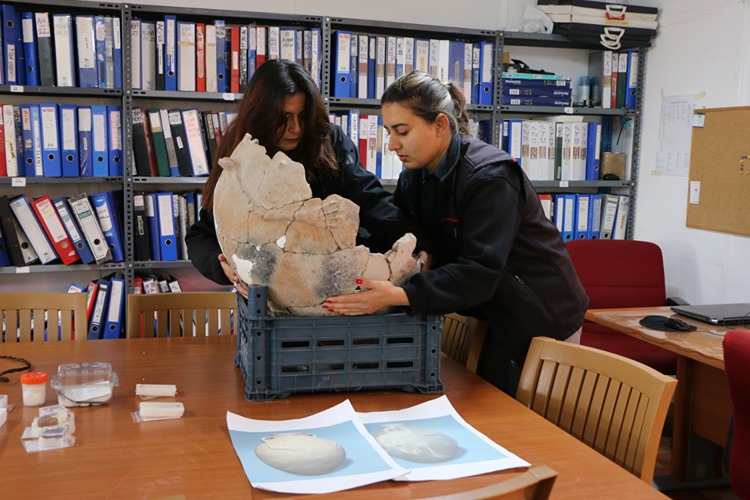
A 5,000-Year-Old Pithos Grave in Küllüoba Reveals a Hand Relief with a Missing Finger — A Possible Symbol of Mourning
Archaeologists working at Küllüoba Mound in Türkiye’s Eskişehir province have uncovered a striking find that sheds light on the emotional world of Early Bronze Age communities. A 5,000-year-old pithos grave (burial jar) features a hand relief with one finger missing — a detail researchers believe may symbolize an ancient expression of grief or mourning. The
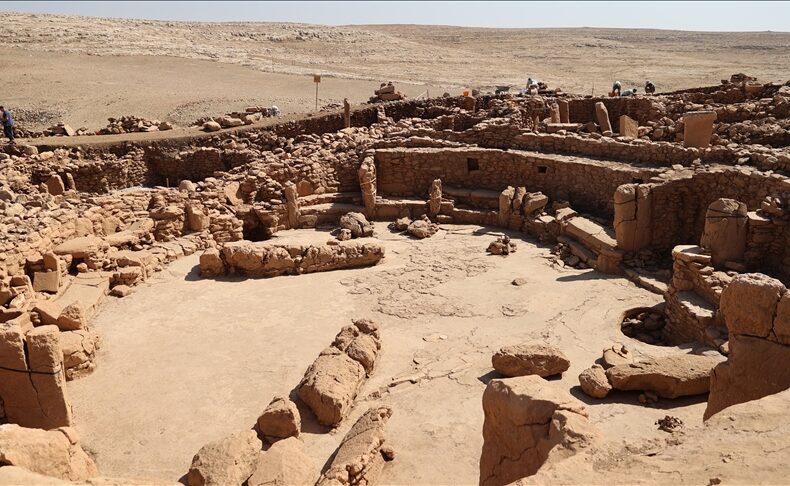
Karahantepe Offers Clues That Göbeklitepe Was More Than a Ritual Site
New excavations at Karahantepe, one of the key sites of the Taş Tepeler Project in southeastern Türkiye, are reshaping how archaeologists interpret the world’s earliest monumental centers.According to excavation director Prof. Dr. Necmi Karul, the newly uncovered structures suggest that these places were not only used for rituals but also formed part of organized Neolithic

Archaeologists Trace Proto-Turkic Presence in Central Anatolia Back 2,600 Years at Kerkenes Mound
In a groundbreaking revelation from the heart of Türkiye, archaeologists working at the Kerkenes Mound in Yozgat’s Sorgun district have uncovered evidence suggesting that the architectural and cultural roots of Proto-Turkic peoples in Anatolia may reach as far back as 2,600 years. The discovery, led by Prof. Dr. Şevket Dönmez under the Ministry of Culture

8,000-Year-Old Life Traces Unearthed in Delikli Cave, Bitlis: From Prehistory to the Urartians
Archaeologists excavating Delikli Cave in Türkiye’s Bitlis Province have uncovered traces of human life dating back 8,000 years — including obsidian tools, handmade pottery, Urartian-era burials, and medieval building remains — revealing a rare continuum of settlement from prehistory through the Middle Ages. Perched about 60 meters above the current level of Lake Van in

